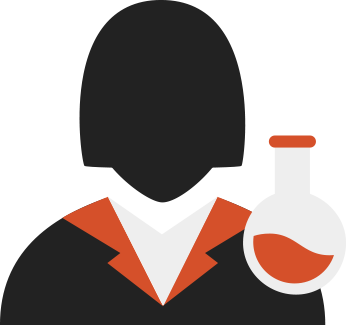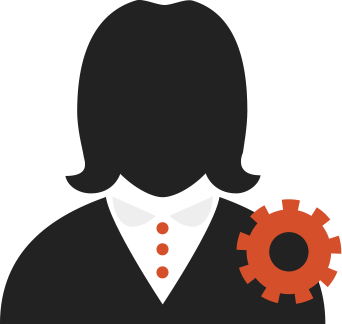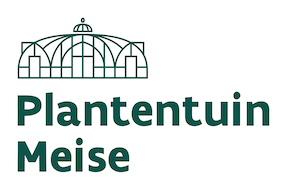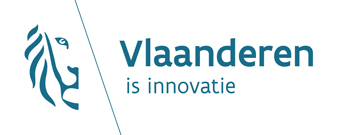Galls, what are they?
Galls are abnormal growths on plants (the host) caused by a parasitic attack. These parasites (the guests) can be animals – such as wasps, aphids, or flies – but also fungi, viruses, or bacteria. The parasites are often quite host specific, so that identifying the plant correctly is often an important clue to the identity of the parasite.
Galls come in all sorts of shapes and sizes, they can also be found on many parts of the plant, even on the roots. There are probably many reasons why organisms have evolved to cause galls, but protection from a predator is a common hypothesis. In general they do not cause much harm to the host, but there are a few that are serious crop pests.
Ink made from oak galls was the standard for writing for more than 1000 years, so some galls have had an important role in the development of human culture.
The Belgian Herbarium:
The Botanic Garden Meise holds the largest herbarium collection of Belgian plant specimens. Each of these herbarium specimens has a label with valuable information such as the plant’s identification, and when, where, and who collected the plant. These specimens can be used in many domains of research, such as conservation, evolution, ecology and systematics. These data help us to better understand the plants of Belgium, their history and that of people who collected them. There are about 200,000 specimens in the Belgian Herbarium of the Botanic Garden Meise and we want to document them all! These data will then be made available online at www.botanicalcollections.be.
Keywords (Latin):
Gallae, Hortus Botanicus Meise, Botanica.
Read more »







